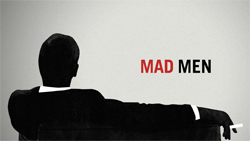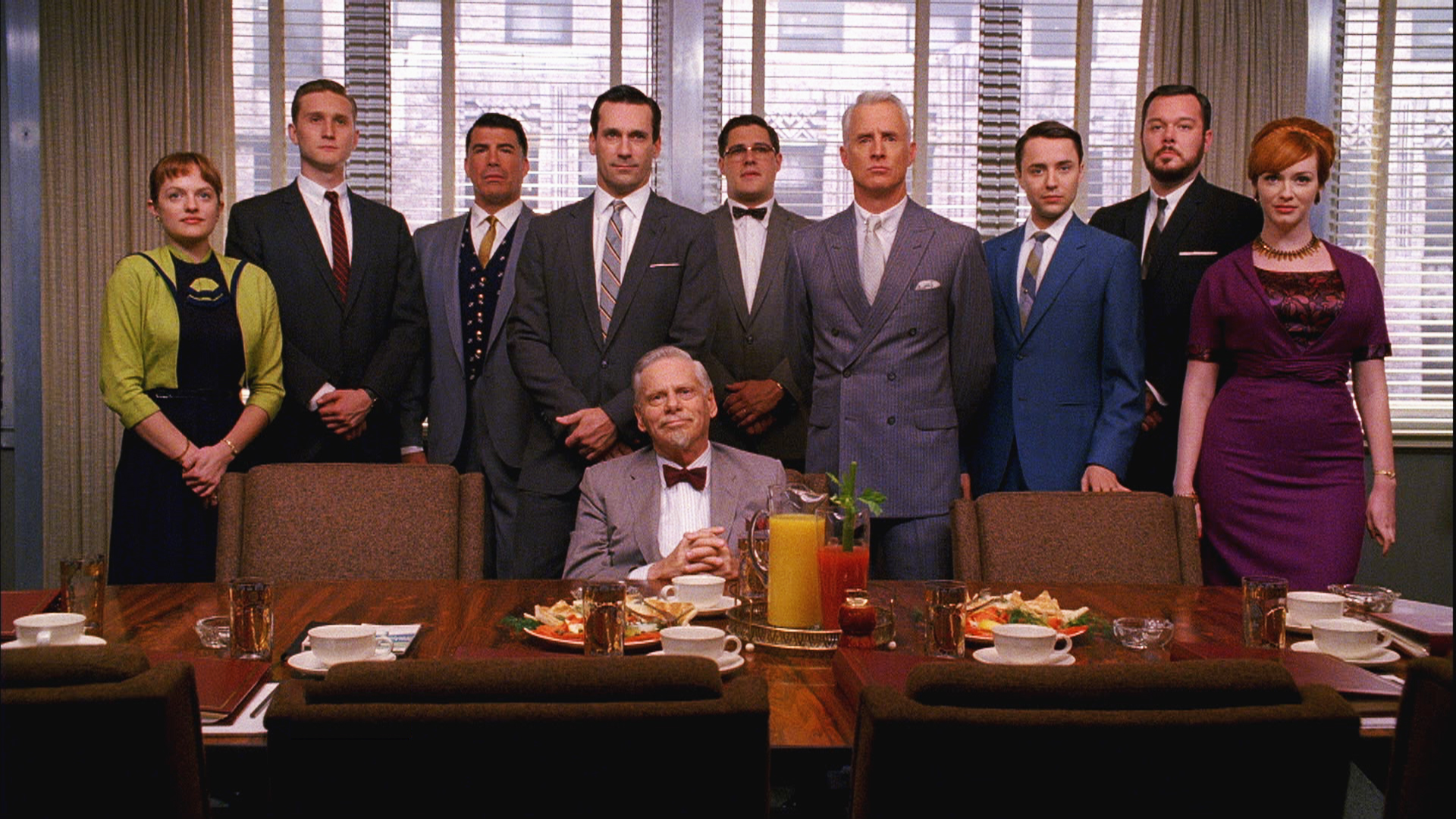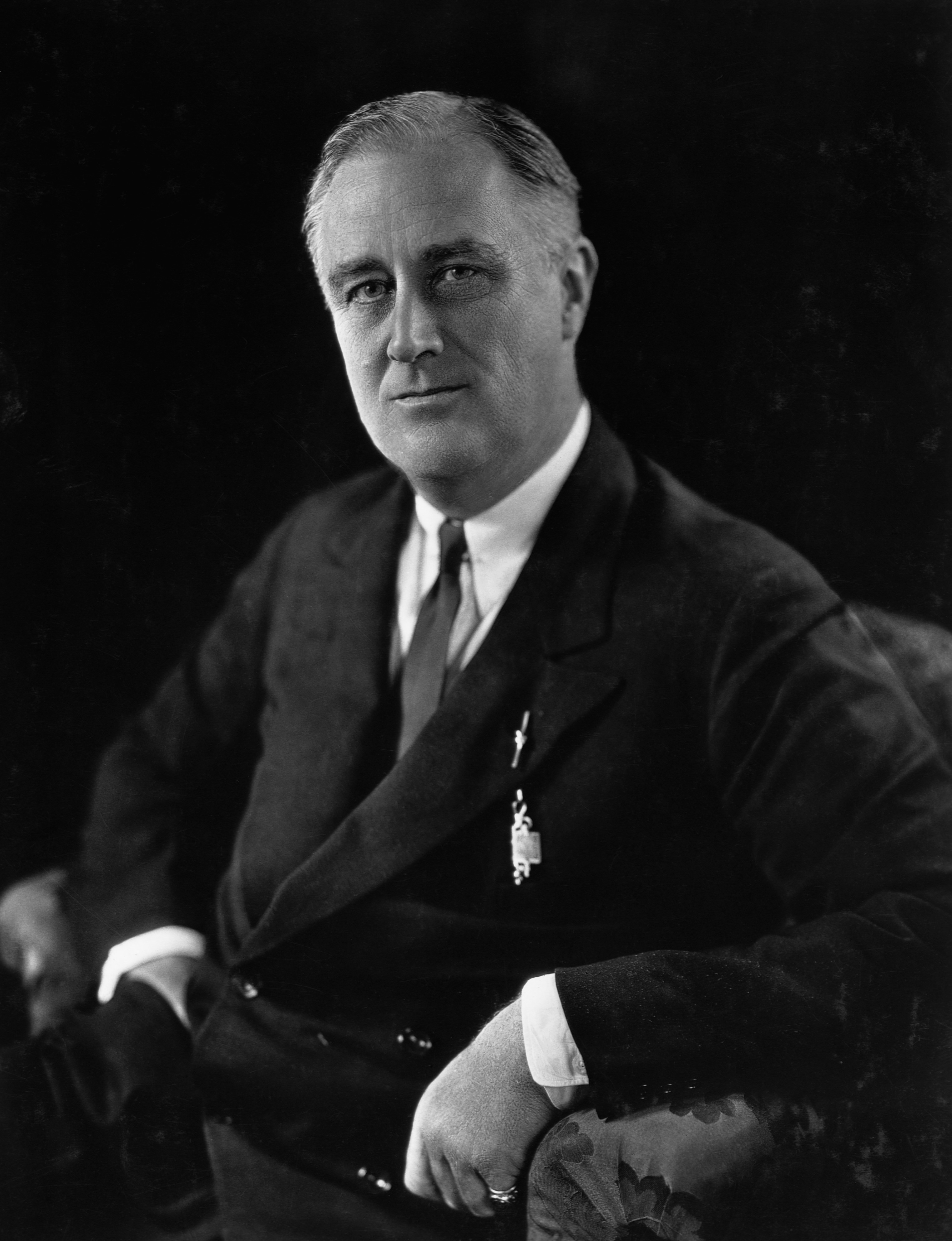My freshman year ended suddenly. The last morning was a rushed, desperate attempt to collect everything- lost sunglasses, books, and suitcases- before I left Ann Arbor for four months. Even though I was one of the first to finish with exams and leave, an emptiness already pervaded the dorm. The last week had been an extended game of Tetris for everyone in the hall, trying to cram a full year of life into a few cardboard boxes. The storage vans had come and gone. It was time for me to leave too. One chocolate croissant later, I was on a plane thousands of miles above Ann Arbor.
Four months later, I was on another plane, landing in Detroit. Again, my mind was occupied with practicalities. First, I had to escape the airport, life and luggage intact. Then, there were new roommates to meet, an orientation to attend, and a seemingly endless amount of unpacking. But as I watched the sun rise over Ann Arbor from the bus window, the pressure of so many unfinished tasks gave away to a feeling of déjà vu instead. Here was the IM building where I had spent hours pretending to exercise. There was my old dorm, quickly filling up with new residents. Someone different would be living in the room that was no longer mine, yet the room would remain the same. Everything was just as I had left it, awaiting my return. It was as if there had never been an ending. Instead, the ending blurred with the beginning and formed a strange purgatory in the early morning light. The world was in limbo and I was the only moving wisp among closed stores and empty sidewalks.
In a strange way, it reminded me of watching a television show. No matter how much I changed, the characters remained preserved behind the screen. Time passes differently in that dimension. It moves slowly. Sometimes, it even moves backward instead of forward. Characters can be rebooted and storylines can be recycled. Shows can be extended for lifetimes, in the most extreme examples with new actors replacing the ones who have left. Sometimes, a franchise can even be revived thirty years later for prequels or sequels to the original story. Returning to the status quo is good business. New wallets emptied for old material. Sometimes, I wish my life could be as free of consequences as one in a sitcom, where both triumphs and disasters are easily erased in a week. As my bus made its slow progress to its final destination, I realized that I had returned to where I had begun. My life had been renewed for a second season, sophomore edition. It made me feel small, a component of a much bigger production beyond my perception. Some things may have changed, new classes at different times; the essential components remained the same.
Our lives are filled with these constant structures. There are of course, the immovable buildings that tower over us. But there are also ones that are not even physical, such as familial relationships, or consequential, like the television show, revisited again and again. They are stabilizing forces that tether us to a certain place for a certain amount of time. When that time comes to an end, we may leave for different pastures, but the same structures will remain if we choose to return. We can point at those structures and excitedly describe our former lives. In a few months, my sophomore year will come to an end. In a few years, my college experience will come to an end. A permanent end to one series and the beginning of a spinoff. Life blending into a life-like imitation.




 Over the years, I’ve discovered that I’m afraid of many things. When I was young, it was the instinctive fear of the dark. All the associated phobias of monsters or killers in the night were still unformed. That came later, after watching too many Chinese television soaps. Instead, fear began undefined and nebulous. The dark was its own being that could reach out and grab me right out of my bed. Then, I was afraid of my parents. Their disappointment was always palpable when I did something wrong. These fears pursued me in the daylight at school and the darkness of my room became my shelter instead. They also became more concrete. They were the grades on my report card, the group of girls that always shared a table, and the feeling in my stomach right before a test. They multiplied by the day and I began to yearn for the day where all I ran from was the boogie man.
Over the years, I’ve discovered that I’m afraid of many things. When I was young, it was the instinctive fear of the dark. All the associated phobias of monsters or killers in the night were still unformed. That came later, after watching too many Chinese television soaps. Instead, fear began undefined and nebulous. The dark was its own being that could reach out and grab me right out of my bed. Then, I was afraid of my parents. Their disappointment was always palpable when I did something wrong. These fears pursued me in the daylight at school and the darkness of my room became my shelter instead. They also became more concrete. They were the grades on my report card, the group of girls that always shared a table, and the feeling in my stomach right before a test. They multiplied by the day and I began to yearn for the day where all I ran from was the boogie man.

